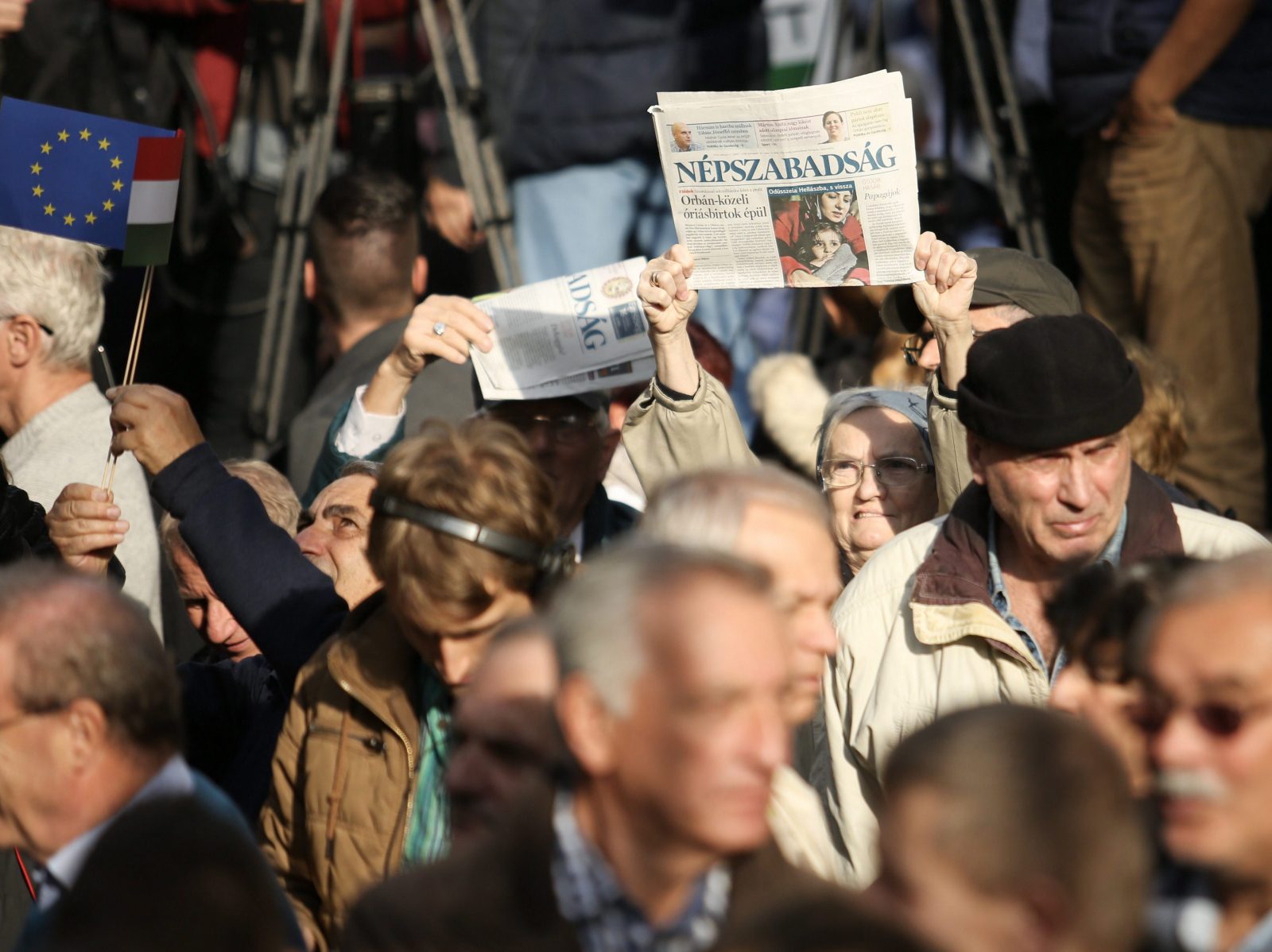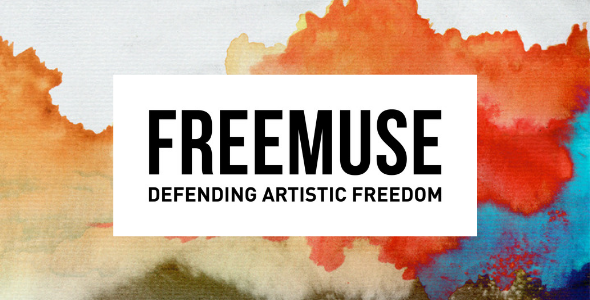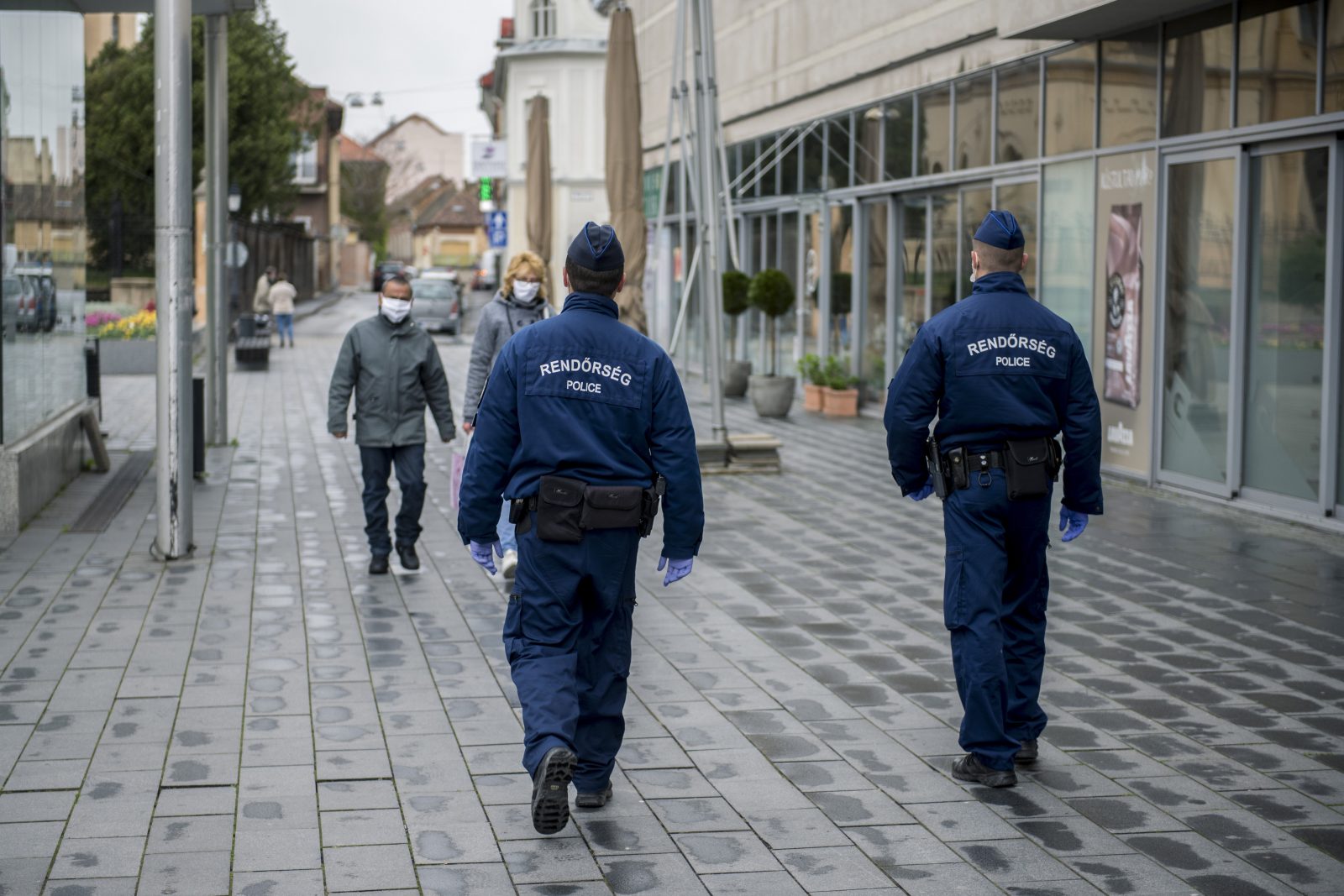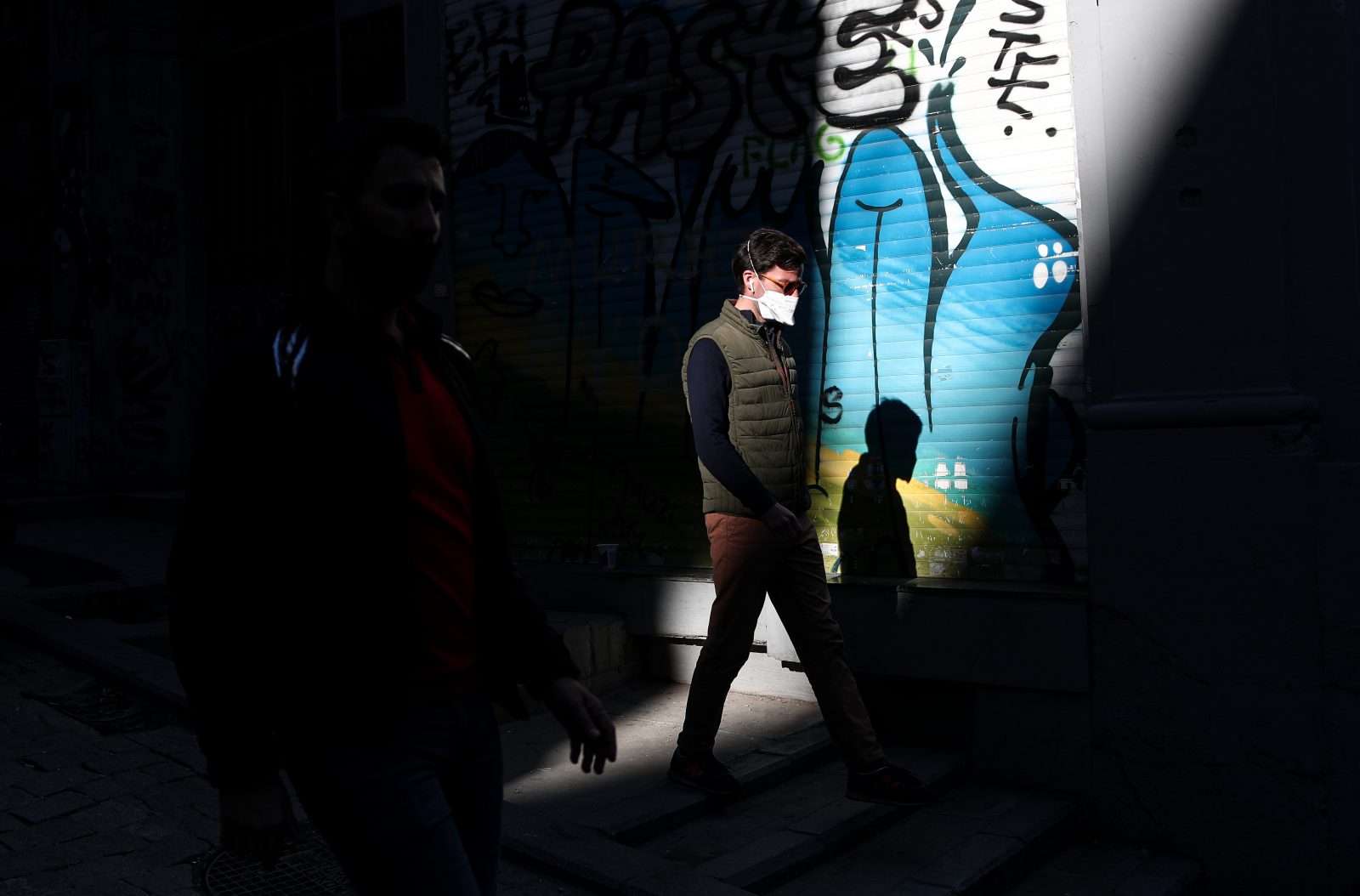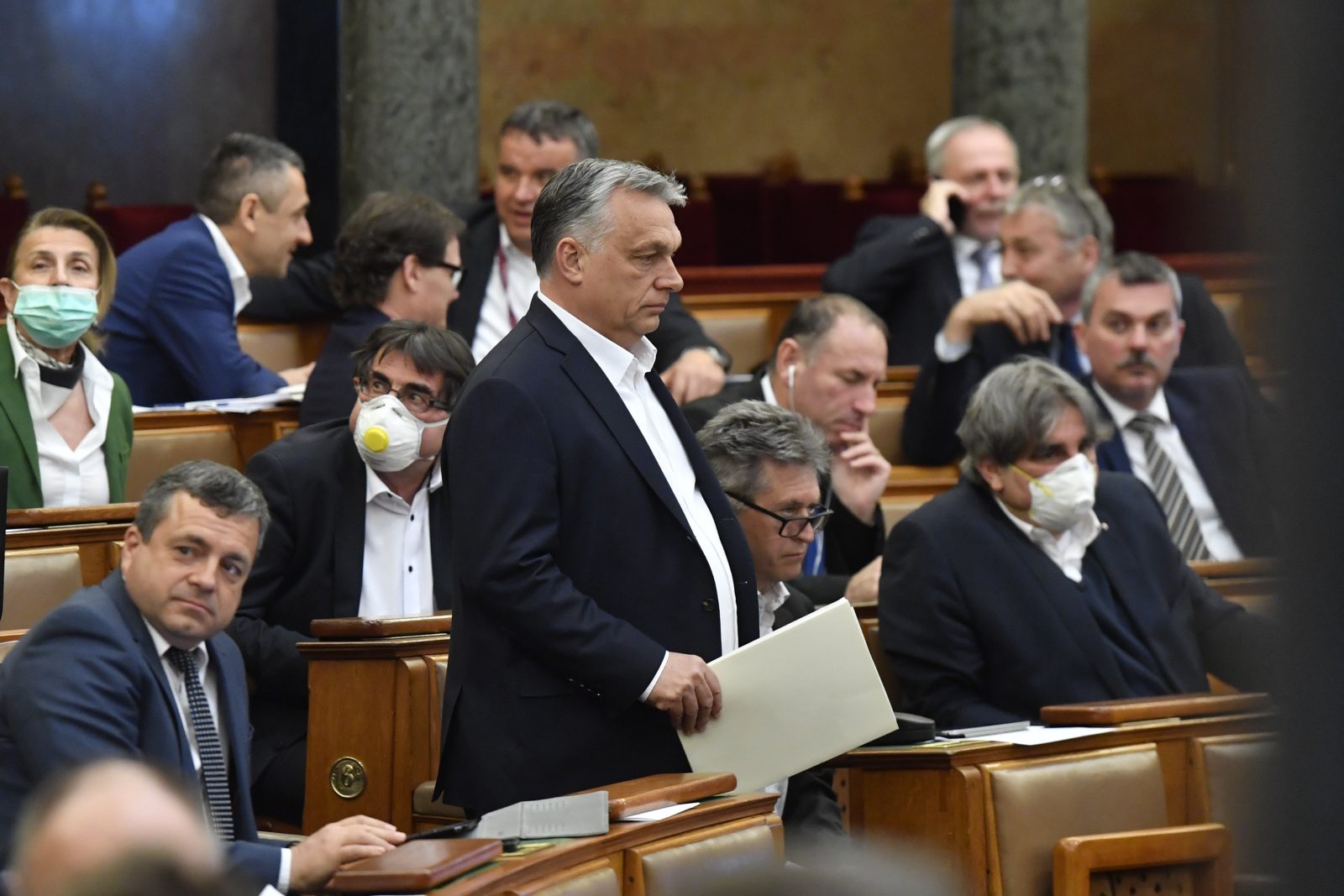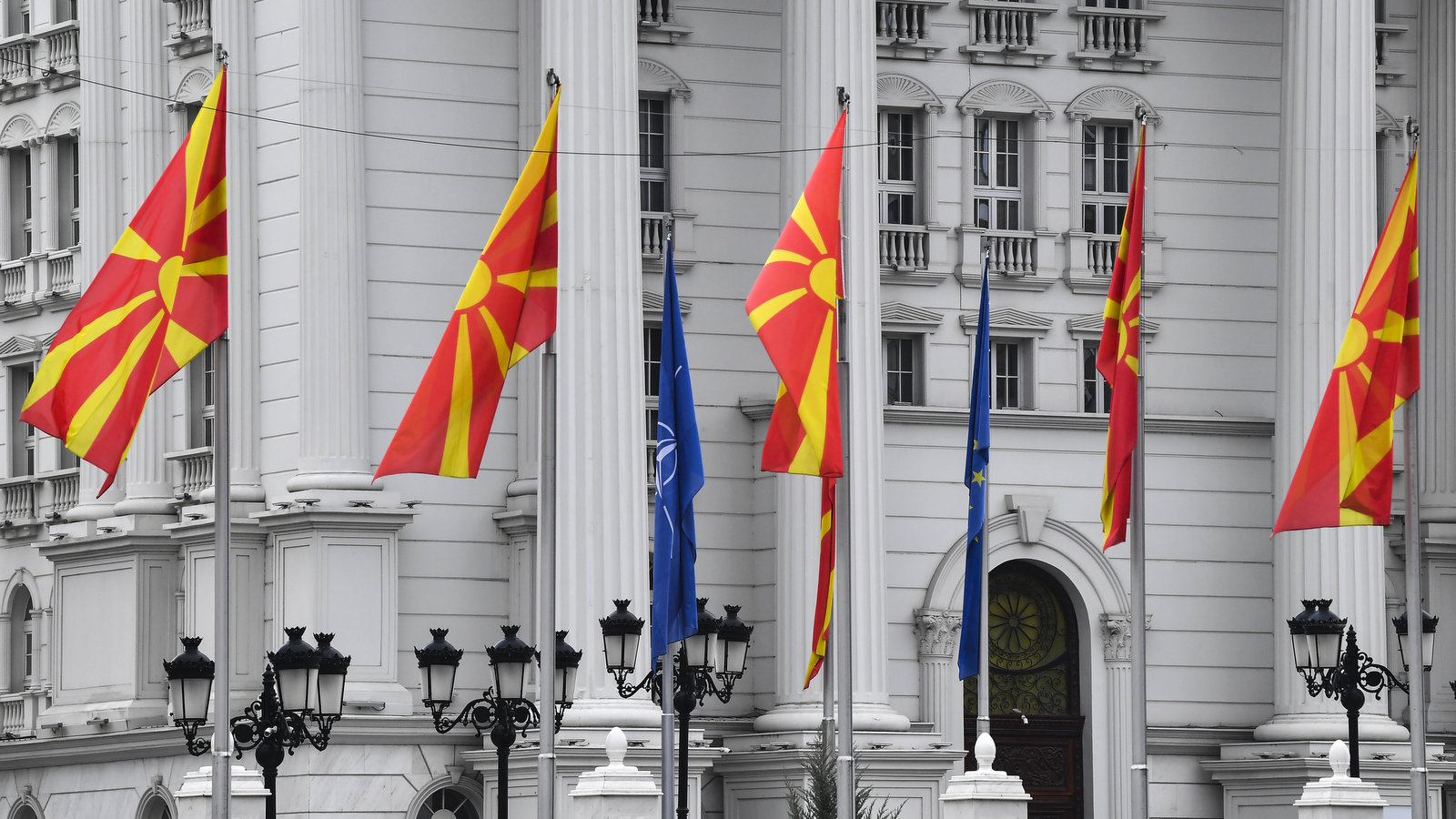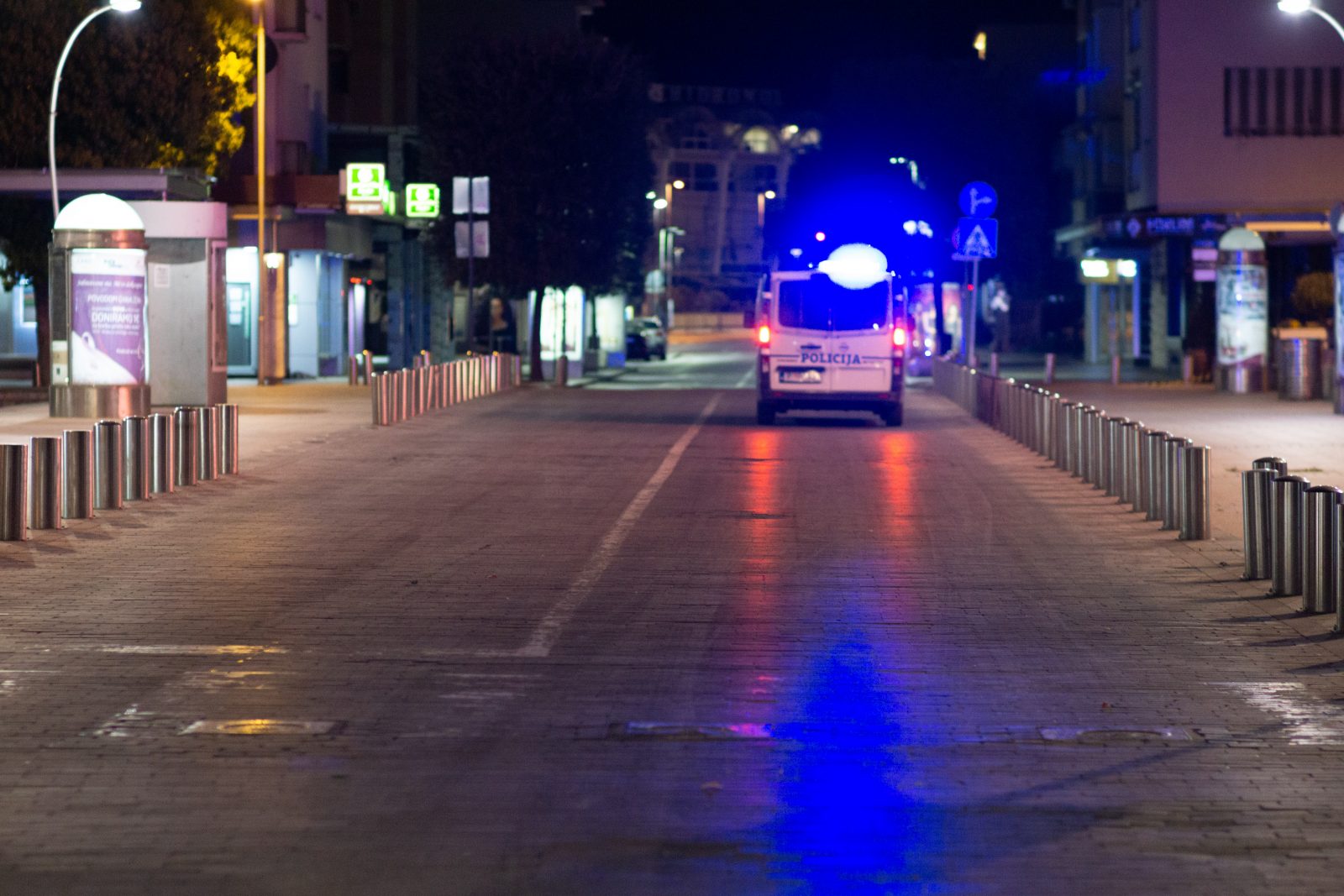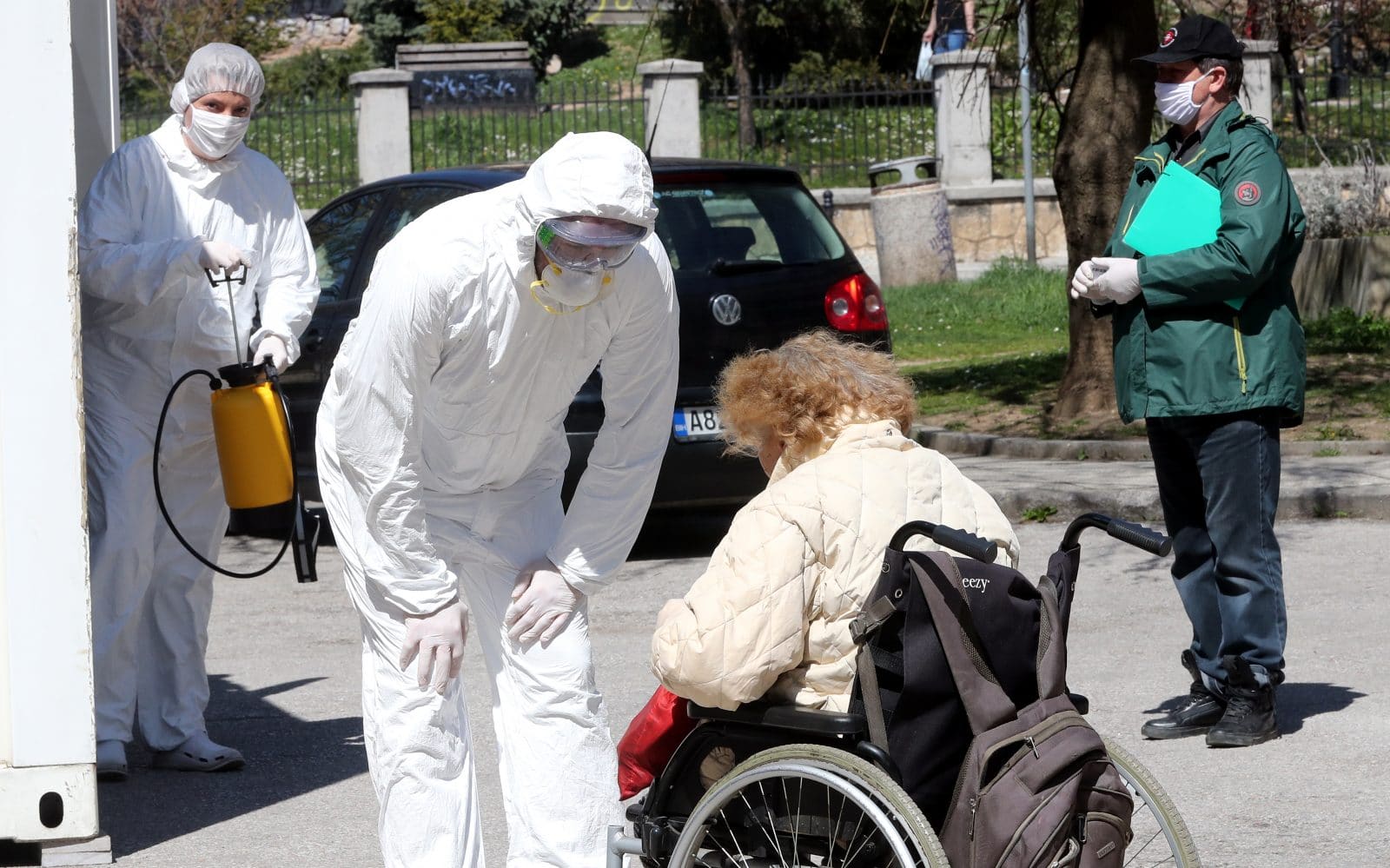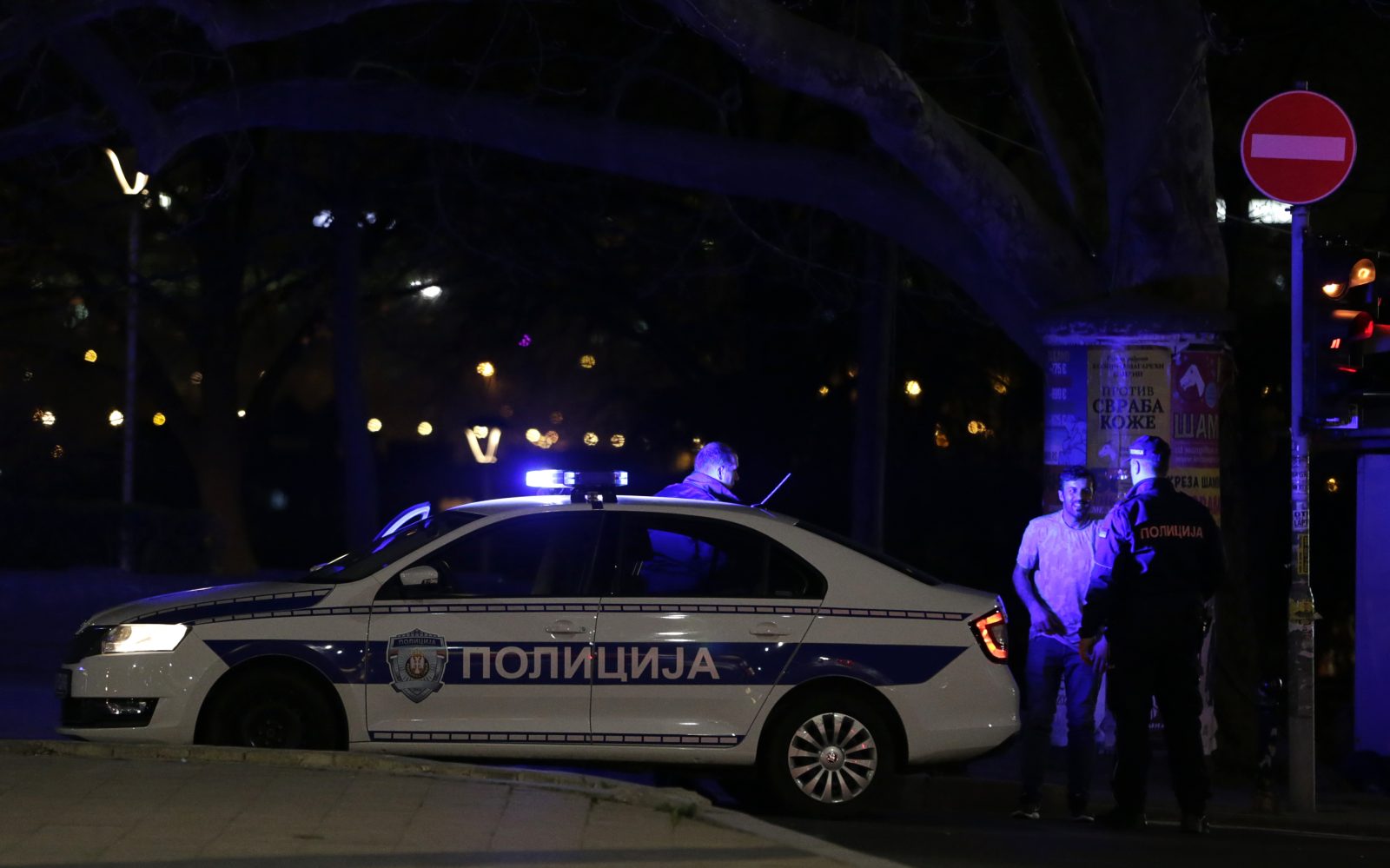A number of press freedom, freedom of expression and journalists’ organisations urged the European Commission on Wednesday to act on several complaints that the Hungarian government has violated EU state aid rules as a means to undermine media pluralism.
The joint letter from 16 organisations – including Reporters Without Borders, the International Press Institute and the Committee to Protect Journalists – comes after a decade of attacks by Viktor Orban’s government on the independence of the country’s media. This has resulted in “a degree of [state] media control unprecedented in an EU member state”, according to Reporters without Borders, and the country falling to 89th place out of 180 countries on its World Press Freedom Index.
The letter calls on Competition Commissioner Margarethe Vestager to act on complaints that the Hungarian government has violated EU state aid rules by manipulating the media market through the weaponization of state resources “to punish critical media and reward government mouthpieces.”
The letter’s authors highlight their serious concern that the European Commission has not acted on two State Aid complaints (No. 53108 and No. 45463) lodged in 2018 and 2016.
State Aid complaint No. 53108, lodged in November 2018, alleges bias in the distribution of state advertising to media outlets in Hungary. By way of example, the signatories cite the case of Index.hu, Hungary’s largest independent and most popular online news site, which in the years prior to last month’s mass resignations over threats to its editorial interference received virtually nothing in state advertising, despite being a market leader, while its main competitor, the pro-government Origo.hu, benefitted heavily.
State Aid complaint No. 45463, lodged in 2016, concerns the Hungarian public service broadcaster (PSB), which the signatories claim has long since ceased to meet the definition of public service broadcasting, with news coverage presented in a way that shows deliberate and clear bias in favour of the ruling Fidesz party.
The European Commission’s failure to act on these complaints, the letter notes, “allows for the further decimation of independent media in the country”.
Hungary’s government has, indeed, an impressive track record of killing critical media outlets, shrewdly concealing most as some kind of neutral business decisions. The process of co-opting state media into government mouthpieces, the centralisation of all regional daily newspapers, and the takeover or closure of several government-critical news sites and newspapers culminated in almost all government-loyal media outlets being centralised in KESMA (the Hungarian acronym for Central European Press and Media Foundation).
This merger, which was clearly in breach of all the country’s competition laws, could not be investigated by the Competition Authority, as it was branded of “strategic importance” by the government. This move was later ruled legal by the country’s pliant Constitutional Court.
“The creation of the KESMA foundation in late 2018, which united pro-government media and was exempted from normal competition review, further undermined media pluralism in Hungary and has facilitated a centralized system of content control,” the letter said. “By the end of 2018, according to independent research, an estimated 80 percent of the market for public affairs news was being financed by sources determined by the FIDESZ party. This means KESMA now controls over 470 media outlets in Hungary.”
The letter concludes by urging the European Commission take action to defend the right of the Hungarian public to access free and pluralistic sources of news. “This must include responding to all complaints related to the misuse of state aid in Hungary. Addressing these issues is essential to defending media freedom, media pluralism and the rule of law both in Hungary and within the EU as a whole,” it said.
